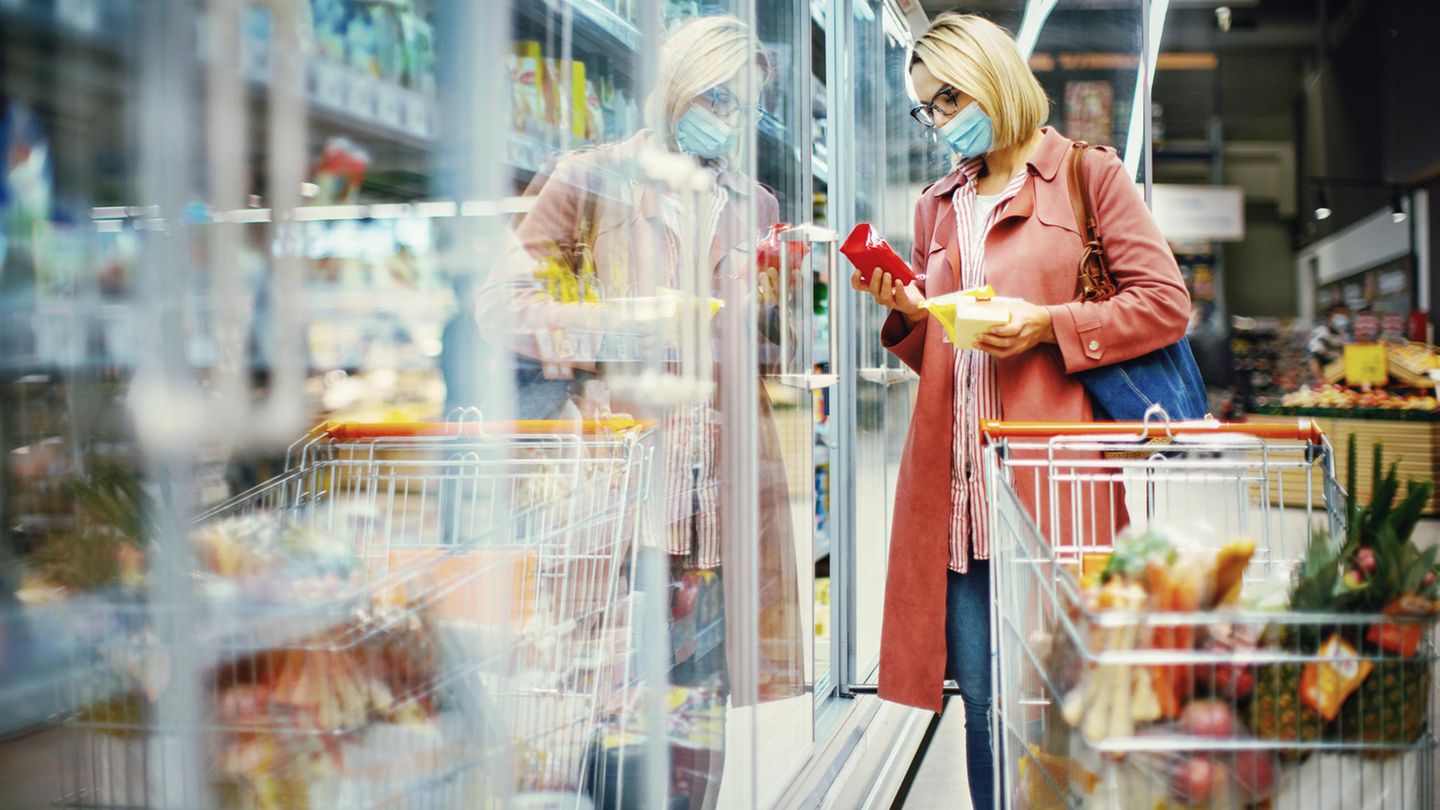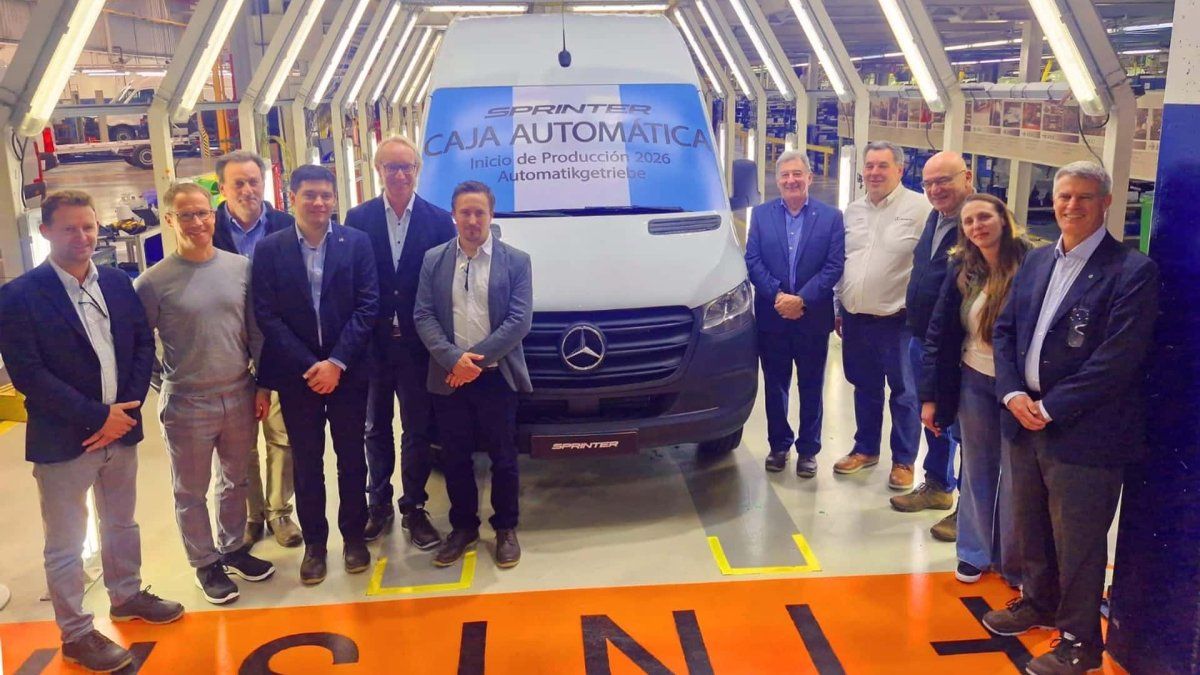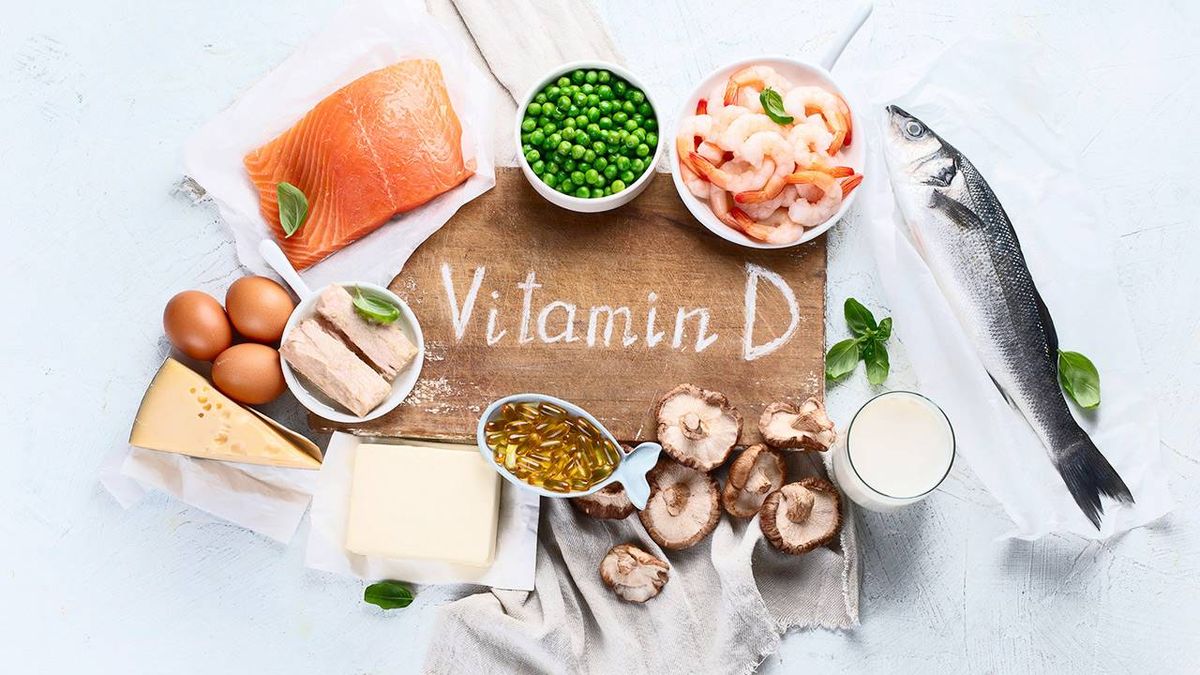The traffic light parties have presented their plan for Germany with the coalition agreement. What changes are in store for consumers now?
The negotiators from the SPD, Greens and FDP have agreed on a coalition agreement. They present their master plan for Germany on 178 pages. Some are vague announcements, others are very specific projects. What do the traffic light parties’ plans mean for consumers, tenants or drivers? What should have a direct impact in everyday life? Seven important fields at a glance:
1. Purse
Who so far the minimum wage earned, can be pleased: The statutory minimum wage of currently 9.60 euros is to be increased in one step to 12 euros. The earnings limit for Mini-Jobs increases from 450 to 520 euros and for Midi-Jobs to 1600 euros.
Hartz IV becomes that Bürgergeld: This does not go hand in hand with higher monthly cash benefits, but less strict rules for safe assets and adequate housing as well as more opportunities to earn additional income. All social benefits for children should be in one Basic child benefits be summarized.
the Pensions remain stable, the retirement age will not rise. Nursing staff receive a special payment for their work in the pandemic: the tax exemption of the Care bonus should rise to 3000 euros.
2. Shopping
The Ampel-Coalition is committed to “sustainable agriculture” in favor of animal welfare and nature and describes this as the “basis of a healthy diet”. A first change should be visible in the coming year when shopping in the supermarket. A mandatory one is expected as early as 2022 Tierwohl-Label that includes husbandry, transport and slaughter. So far, retailers (apart from organic goods) have only printed their own four-stage husbandry label on packaged meat. Their informative value for animal welfare is considered to be limited.
An announced one is likely to have further effects on grocery shopping “Nutritional Strategy“, which is to be decided by 2023. The goals include: increasing the proportion of regional and ecological products, reducing food waste and promoting plant-based meat alternatives.
In addition, the Nutri-Score for sugar, fat and salt contents, which some manufacturers are already voluntarily printing on their products, are “scientifically and generally comprehensible further developed”. Criteria for an ecological footprint are also to be developed. Advertising aimed at children Food with a lot of sugar, fat and salt should be banned – for all programs and formats aimed at under 14-year-olds.
Cheap groceries and dumping prices are at least under closer scrutiny. The coalition agreement says: “We are taking action against unfair trade practices and are examining whether the sale of food below production costs can be prevented.”
Oh yes, Cannabis Adults will soon be able to buy them legally, but only “in licensed shops”.
3. Energy prices
Energy prices for private households have recently risen sharply. The traffic light wants with the abolition of the EEG levy take countermeasures with the electricity price. After the already decided reduction in January 2022 (from 6.5 cents to around 3.7 cents per kilowatt hour), the EEG surcharge should no longer burden the electricity price from 2023 and should be paid from the federal budget. However, since other price components rise, especially the CO2 price on fuels, energy is likely to continue to get more expensive. For social equilibrium, a new “Climate money“worry that the coalition wants to develop.
Both heating costs the new CO2 price should no longer be paid by tenants alone. From June 1, 2022, the landlords are to participate, either in the form of a tiered model according to building energy classes or – if that does not happen in the short term – simply halfway.
4. Housing
The Ampel-Coalition promises: “We will make the building and living of the future affordable, climate-neutral, sustainable, low-barrier, innovative and with lively public spaces.” In the future there will even be a separate building ministry under the leadership of the SPD, previously the topic was part of the interior ministry.
To create more living space, should 400,000 new apartments per year of which 100,000 are publicly funded. Young people, students and trainees should benefit from a federal-state program for affordable housing.
the Rent brake will be extended until 2029, but there will be no rent freeze required by many tenant associations. As a small consolation, landlords will soon only be able to increase rent in tense housing markets by a maximum of eleven percent within three years. Currently this is Cap limit generally at 20 percent and in municipalities with a tight market at 15 percent.
5. Driving a car
The FDP prevented a speed limit. However, the future liberal Ministry of Transport cannot avoid a fundamental change in mobility. At least 15 million are expected by 2030 Electric cars be approved in Germany, the expansion of the charging infrastructure “must precede the demand”, says the coalition agreement. The target is one million publicly accessible charging stations by 2030. This is necessary because, according to EU plans, from 2035 only CO2-neutral vehicles will be permitted in Europe anyway.
the Bonuses The new government intends to continue buying an electric car until the end of 2022; this also applies to the controversial funding of plug-in hybrids. From 2023, the amount of the bonus should be based on the climate benefits of the vehicle purchased. From 2025, the coalition partners will no longer need premiums for the purchase of electric cars.
Other plans for drivers: Vehicle documents should be digitized and accompanied driving should be possible from the age of 16 instead of the previous 17 years.
6. Train travel
People should not only drive electric cars, they should also use other means of transport more. By 2030, the number of passengers is expected to increase German train double. The infrastructure is to be expanded accordingly, and the route network is to be expanded. Provided that the budget finances allow it, “the use of the rail should become cheaper in order to strengthen the competitiveness of the railways”. The capacities of the Local public transport (ÖPNV) should be increased and innovative services such as car sharing should be supported. Overall, however, sales to public transport are rather thin.
7. Tax return
The traffic light parties could not agree on the goal of a fundamental tax reform. Instead, there are just a number of cosmetic changes. So should the Savings deposit amount from the beginning of 2023 increased to 1000 euros (currently 801 euros) and the Training allowance increase from 924 to 1200 euros. The one introduced in the pandemic Home office flat rate will be extended until the end of 2022.
Source From: Stern
Jane Stock is a technology author, who has written for 24 Hours World. She writes about the latest in technology news and trends, and is always on the lookout for new and innovative ways to improve his audience’s experience.




